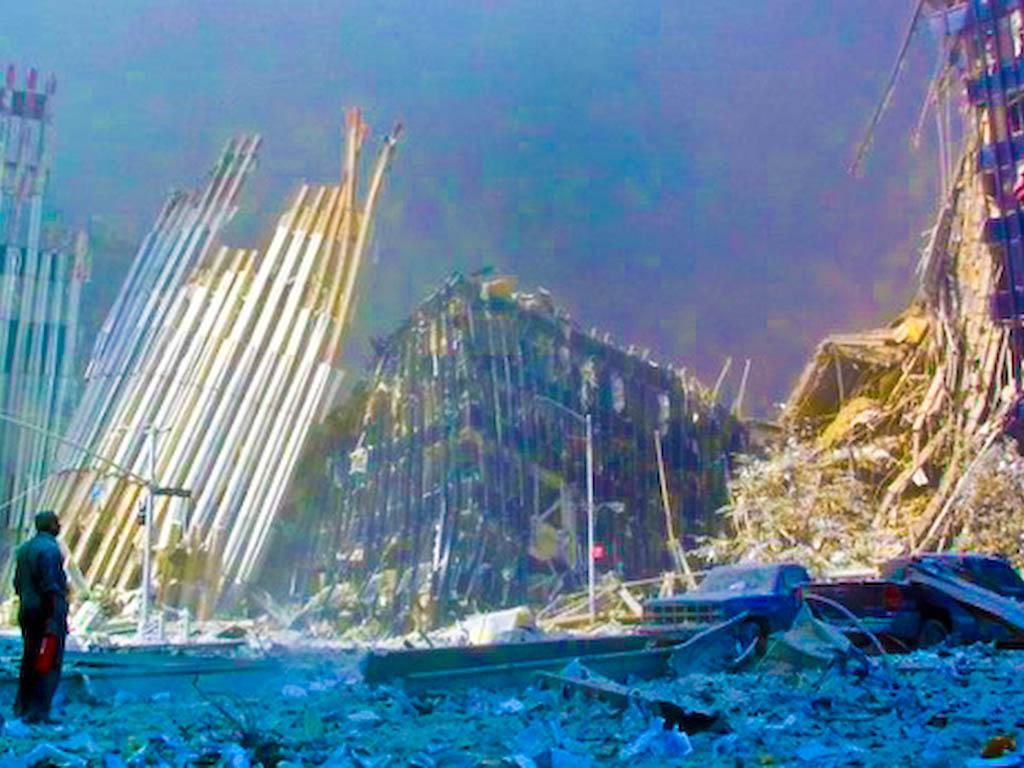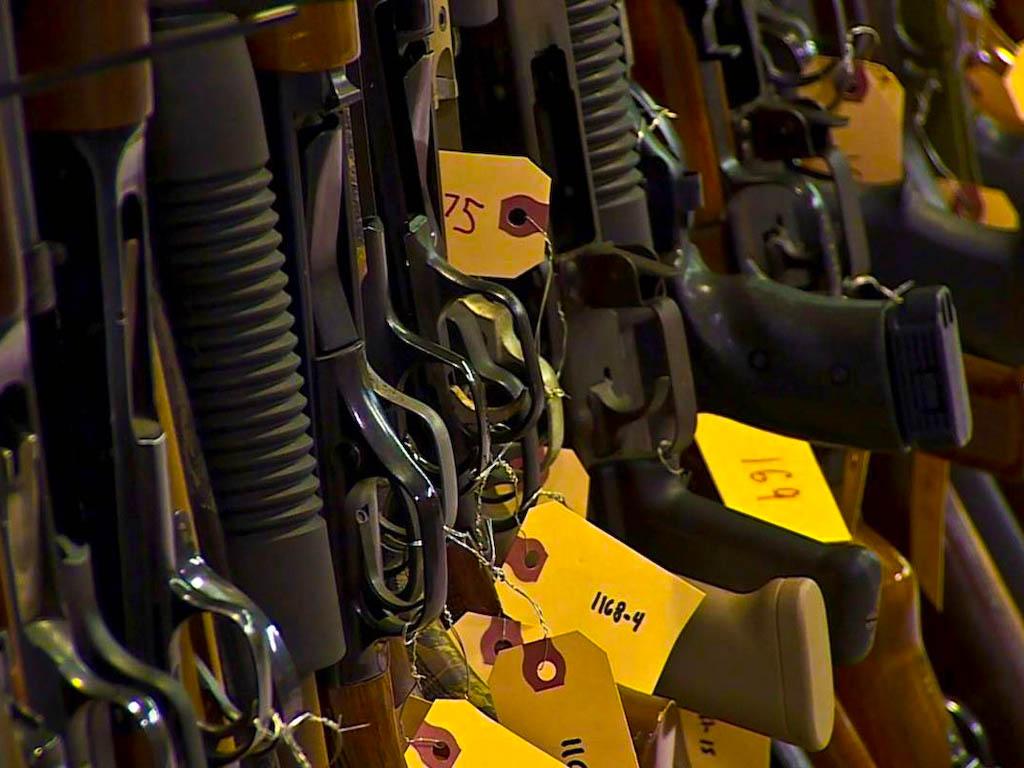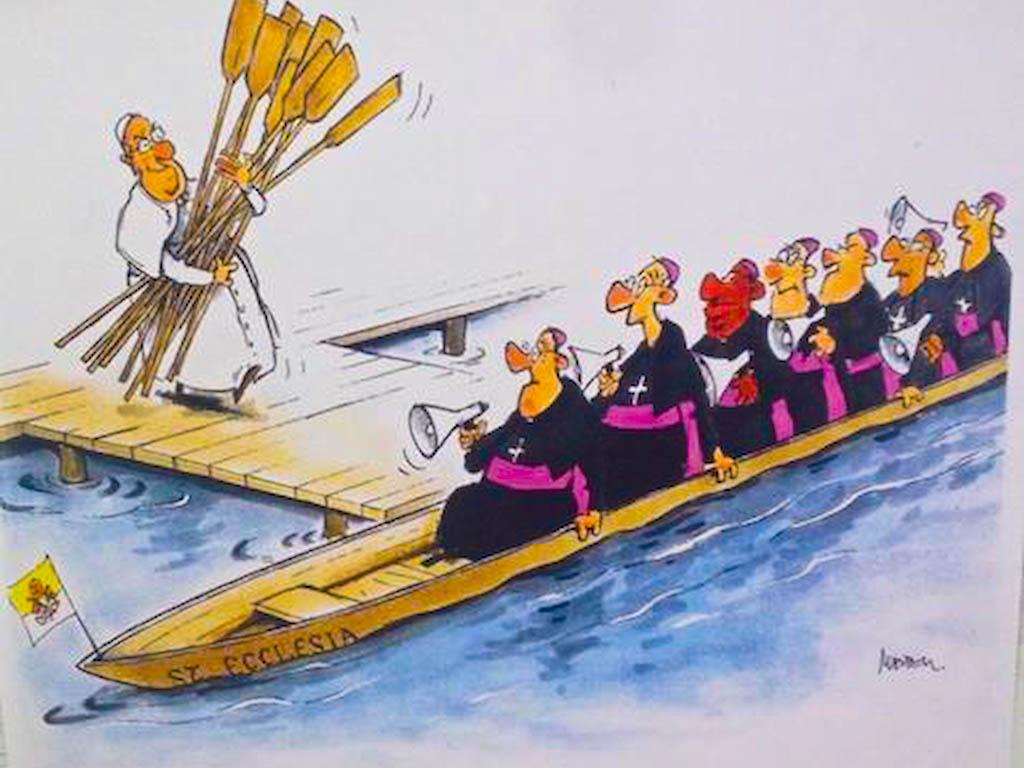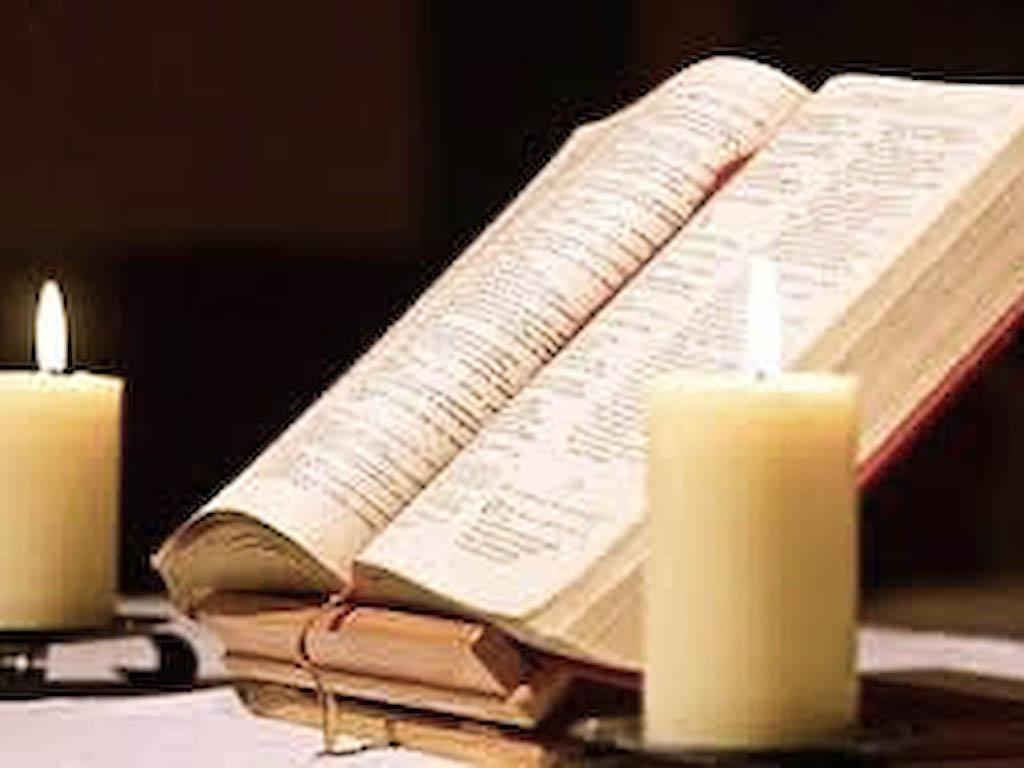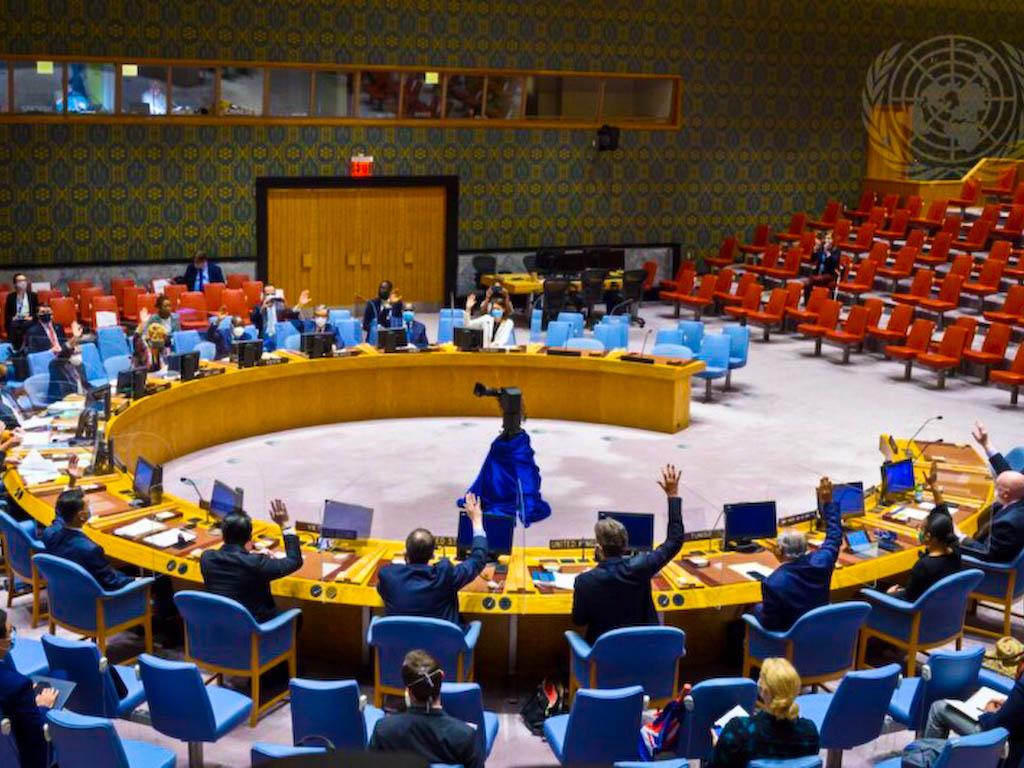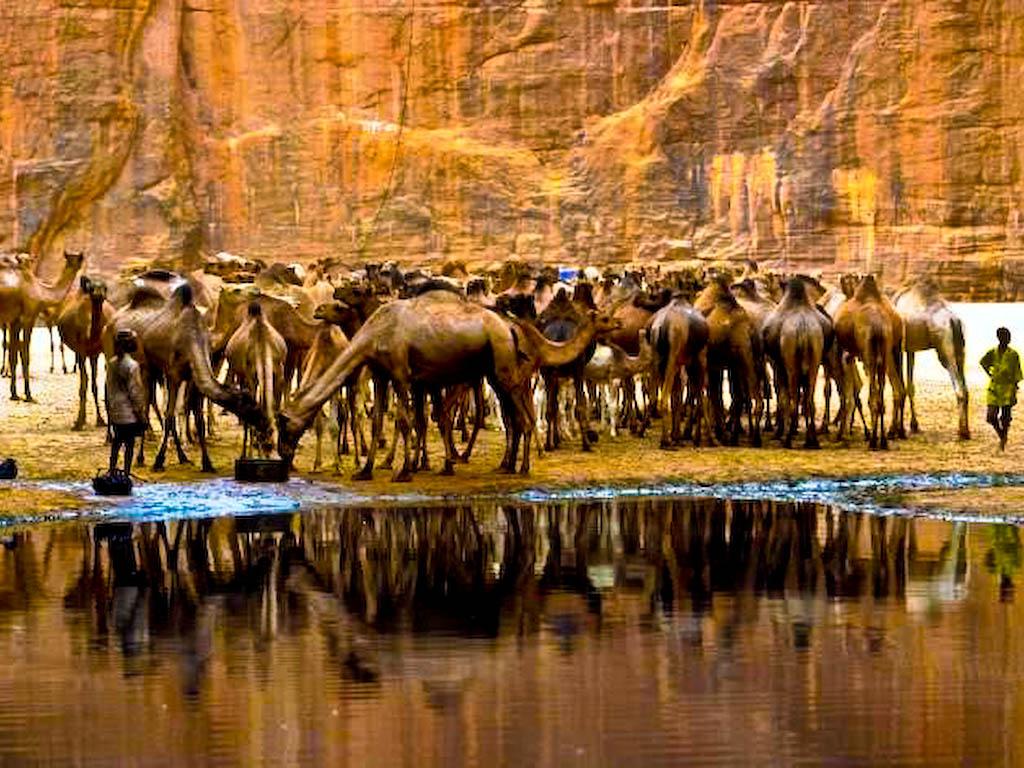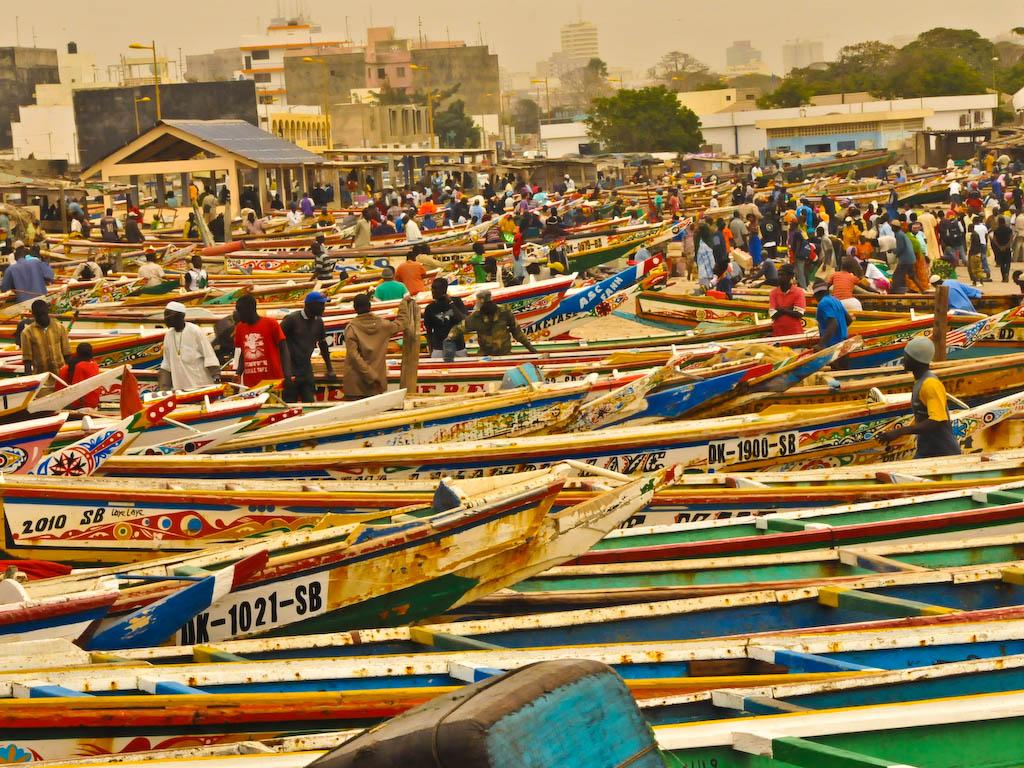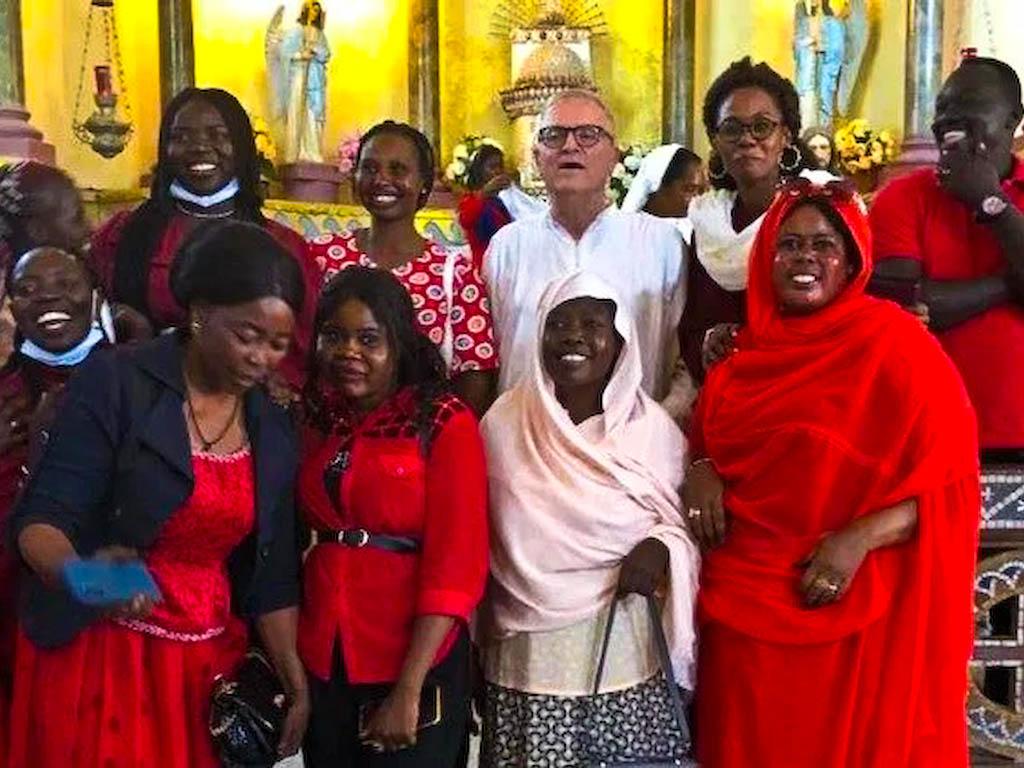Jpic News from John Paul Blog - Vol. 12 - No 07
|
THE NEWS OF THE MONTH
Holy war, profane peaceWar, and politics too, are profane, secular realities; so are democracy, freedom and rights, realised (if, where and when they are), in forms that are always partial and contradictory. The Church of Jesus does not respond to idolatry by sacralising what seems politically desirable, but rather by recognising the relativity of all that is earthly. This does not mean that democracy, freedom and rights are not important realities, worth striving for at all times. Only that, as Pope Francis says, peace is always much better than war. A few weeks ago, while the Catholic and Evangelical Churches were celebrating Holy Week, Patriarch Kirill declared also Putin's war ‘holy’. Nothing new in terms of substance, nor with respect to history: large sectors of Christianity, for example, have done and said something similar in other circumstances. Of course, this is colourful language. The Ecumenical Council of Churches has asked for clarification: who knows, perhaps, sooner or later, Kirill, in an attempt to explain himself better, will leave the council of his own choice. Council aside, how can the other Churches react to such tones? At least on one point, in my opinion not irrelevant, one can agree: no symmetrical attitude, no holy war for democracy, for freedom, for rights. War, and politics too, are profane, secular realities; so are democracy, freedom and rights, realised (if, where and when they are), in forms that are always partial and contradictory. The Church of Jesus does not respond to idolatry by sacralising what seems politically desirable, but rather by recognising the relativity of all that is earthly. This does not mean that democracy, freedom and rights are not important realities worth striving for. Only that, as Pope Francis (along with, moreover, every other inhabitant of the planet, including, I presume, Putin and Kirill), “peace is much better than war”. Go on reading | |
|
THE GOOD NEWS
The evangelisation of ecologyThat we become aware of the universal destination of goods, of the common good, of integral, sustainable, inclusive development is good news. Moreover, that there is therefore ‘ecological sin’, articulated in three relationships against creation, people and God. Such a sin must be taken seriously and pointed out in the Christian conscience formation, in catechesis, in the forms for the examination of conscience. The evangelisation of ecology must help, in the light of the gospel of creation and redemption, i.e. in the light of a religious outlook, to understand that the ecological question is an integral issue. That is, it concerns not only economic, technical biological, but also anthropological, ethical, spiritual and cultural aspects. For which its solution will depend on an approach that is not only phenomenological: economic, technical, biological, climatic, but also on a cultural change, of the heart, on the part of man and peoples. It will depend on the acquisition of the first ecological principle, which is that of integral ecology - a concept which is the fruit of a Christian approach - from a theocentric anthropology, by a moral conversion. The religion of the ego, according to which man is God, leads inevitably towards a deviant anthropology, to an indiscriminate use of creation and of new technologies, absolutizing them. Creation is not at the service of technology, but must be the opposite. Go on reading | |
|
THE WORST NEWS
Military spending in the world continues to growSIPRI's latest report estimates a 6.8% increase as a consequence of global tensions and armed conflicts Military spending in the world is still rising, reaching an all-time highest peak of ,443 billion in 2023. The 6.8% year-on-year growth is a direct consequence of the increasing involvement, directly or indirectly, of the major military powers. Estimates by the Stockholm International Peace Research Institute (SIPRI), reported by the Italian Peace and Disarmament Network, show that humanity is dramatically approaching the danger of a global war. The purchase of arms and armaments by the United States grew by 2.3% to 6 billion, confirming the country at the top of the world ranking with 37% of global military spending. In China, in second place with 296 billion (12% of the total), the increase was 6%, while in Russia it was even 24%, a leap due to the war in Ukraine that brought it to 109 billion. There were obviously big increases in the invaded Ukraine (plus 51%, 64.8 billion) and in neighbouring Poland (plus 75%), but also in Israel (plus 24%). Go on reading | |
|
CELEBRATING!
Expectations in view of the SynodA desired overcoming of an inveterate clerical mentality cannot solve the problem of synodality. A change in canonical legislation is indispensable. Along the Synodal Way, there have been questions, issues, and needs for the Church’s reform, which have aroused many expectations, now focused on the second session of the Synod and on the decisions that the Pope will make afterwards. The expectations are many, too many for some not to be disappointed. But, if those most pertinent to the Synod's theme, namely the promotion of synodality, are not answered, it would be a step backwards instead of forwards. Much ado about nothing? The promotion of synodality aims at the faithful’s maturation of the faith and spirituality. In the development of living, the human person emerges from the condition of minority, when he or she is recognised as having the capacity to decide, on himself or herself and, together with others, on the life of the community. Today, in fact, according to the Code of Canon Law, the faithful, including deacons and priests, do not have, even in areas where the doctrine and discipline of the sacraments are not at stake, any instance in which they are recognised as having the capacity to decide with a vote what concerns the life of the diocese. Nor, lay faithful, in the life of the parish. Go on reading | |
|
TAKE ACTION NOW!
The essence of bread is the truth of the spiritBread, in faiths, has always been a symbol of solidarity. Eating it together means sharing. Not having it often also denies the right to a name and a word: evidence of human and spiritual emptiness. A Christian drama is bread without solidarity. Let us take the theme of the communal table that touches the first centuries of Christianity. The table unites, in the memory of the supper, but also in the shared agape, people who call themselves Christians, from different social and religious backgrounds, Jews and non-Jews, people from different lifestyles. The differences, however, become evident at the communal table, not only because of dietary prohibitions, but also because of the customs of the various social classes and also of the quality of the food. In Corinth, the communal table gives rise to serious problems: it is difficult to eat together. Eating together means recognising oneself as belonging to the same world and as being in solidarity in the same family. In the decades after Vatican II, a verse from the Didache, a text between the end of the 1st century and the beginning of the 2nd century, lost and rediscovered in the late 19th century, came to the fore: ‘If we share the bread of heaven, how shall we not share that of the earth?’ Go on reading | |
|
KNOWING BETTER THE UNITED NATIONS
ICJ and ICC: what are they?In these months of war between Israel and Hamas, there is often talk of the International Court of Justice (ICJ) and the International Criminal Court (ICC), with overlapping functions and decisions that can lead to confusion, when in fact the two courts should not be confused. The International Court of Justice (ICJ) is the principal judicial organ of the United Nations (UN). It was established in June 1945 by the Charter of the United Nations and began work in April 1946. The seat of the Court is at the Peace Palace in The Hague (Netherlands). Of the six principal organs of the United Nations, it is the only one not located in New York (United States of America). The Court’s role is to settle, in accordance with international law, legal disputes submitted to it by States and to give advisory opinions on legal questions referred to it by authorized United Nations organs and specialized agencies. The Court is composed of 15 judges, who are elected for terms of office of nine years by the United Nations General Assembly and the Security Council. A Registry, its administrative organ, assists it. Its official languages are English and French. Go on reading | |
|
KEEP HOPING
A Good Fortune in CamelsAli was a man who longed to go out into the world to see strange lands and seek his fortune. He said to his wife, “Tomorrow I shall go out into the world.” She did not want him to go, but she was too wise to try to stop him. Folktale from Somalia teaches the richness of good advice. The next morning, Ali set out on foot and walked until he found someone who would employ him for a short time. From that job he went to find another and then another, and so on until he had visited many strange lands. Of the money that he earned, he spent one-third on food and saved the other two-thirds. At last, his thrift was rewarded and he was able to buy three camels with his savings. As Ali was walking along with his three camels, he met another traveller. “Greetings,” said the traveller. “Greetings to you,” Ali answered. They told each other where they came from and then the traveller said, “If you give me a present, I shall tell you something of value.” Ali gave the traveller one of the three camels. Go on reading | |
|
WORTH THINKING ON
The American philosopher Susan Neiman, who has directed the Einstein Forum in Potsdam since 2000, has just published 'Left is not woke' (Debate, 2024), a defence of the enlightened left and a critique of the enemies of reason. Rather than criticising the 'woke' movement – which she refuses to define because she considers it incoherent - her book defends aspects of the Enlightenment that she considers to be in danger: from the universalism of values to the notion of progress or the idea that reason is emancipatory and not an instrument of domination as her critics suggest. Interview. There is always a debate about what exactly woke is. A short definition could be "identity politics from the left", i.e. the politicisation of concrete identities that are essentialised. First, I don't use the concept of political identity. I think it is wrong and we have to stop using it. I use tribalism. However, that is only one of the woke problems. There are two other problems where I think the woke comes close to a reactionary view and I address them in the book, which is the distinction between justice and power and the question of human progress. I think these are more important than the question of identity, but they are less attended to. Secondly, I don't think it is possible to define woke, because it is an incoherent concept. One of the reasons I wrote the book was to explain that to myself. The word woke is built on a foundation of very left-wing emotions (being on the side of the oppressed, righting the wrongs of the past), which I was and am in agreement with. The problem is that emotions are completely separated from ideas. And very reactionary ideas are used. Go on reading | |
|
RESOURCES
Africa's challenges in the global world'Multi-alignment' seems to be a key word in the recent geostrategic choices of several African countries. This is certainly an attractive option, but one that should be combined with a new and concrete pan-Africanism. The year 2023 on the African continent has seen the opening of many global construction agendas that deserve attention and much implementation work. There are at least three international events that can be significant turning points for pan-African projection in global dynamics. The first is the United Nations General Assembly, which in February 2023 voted overwhelmingly for a resolution calling for the “immediate” withdrawal of Russian troops that invaded Ukraine a year earlier and a “just and lasting” peace. The text received 141 votes in favor out of 193 member states. Seven countries voted against, Belarus, Syria and North Korea, traditional allies of Russia, as well as Nicaragua, Eritrea and Mali. In general, among the countries that abstained, many were African, including Angola, Ethiopia, Algeria, Guinea and Mozambique. These positions can be explained by the traditional relationship between some African states of socialist tradition and the Soviet Union, and thus Russia. However, these abstentions signal the return of a form of “multi-alignment” in an international context where partnerships are multiplying and diversifying. Go on reading | |
|
WITNESSING
Sudan, the conflict worsens but the Comboni Missionaries relaunch assistance and educationThe international community denounces the levels of violence reached in Darfur and the risk of famine that grips the entire country. In Port Sudan, the Church continues to support hundreds of thousands of refugees and the courses at the Comboni College have been reactivated. Father Stonfer says: 'Inflation aggravates the food crisis but students in our schools are doing well'. The students, the school, the buzz of the packed classrooms, the religious services attended with "great joy" and the charitable work. On his return to Sudan ten days ago, Father Norberto Stonfer, a Combonian missionary of Italian origin, rediscovered the atmosphere of the Comboni College of Khartoum that he had left on the eve of the civil war, which broke out in April 2023, to go for treatment in Italy. The move to Port Sudan "Within the walls of the Catholic college, it does not feel like being in a country at war," says the cleric, "if it were not for the fact that the entire university has moved to Port Sudan," along with most of the clergy who animated the Church in the capital Khartoum. Father Norberto responds to Vatican Radio-Vatican News from the Sudanese port city on the Red Sea, which, since the outbreak of the conflict between the army and the rebel Rapid Support Forces (RSF), has been home to hundreds of thousands of refugees fleeing the fighting and to many facilities of the Sudanese Church. Go on reading |

- Butembo (MJL) – RD-Congo
- Please, share your suggestions, opinions, doubts and ideas writing to pezzijp@hotmail.com
- You can subscribe also by writing to pezzijp@hotmail.com
- For all back issues www.comboni.org
- Copyright © www.jpic-jp.org

